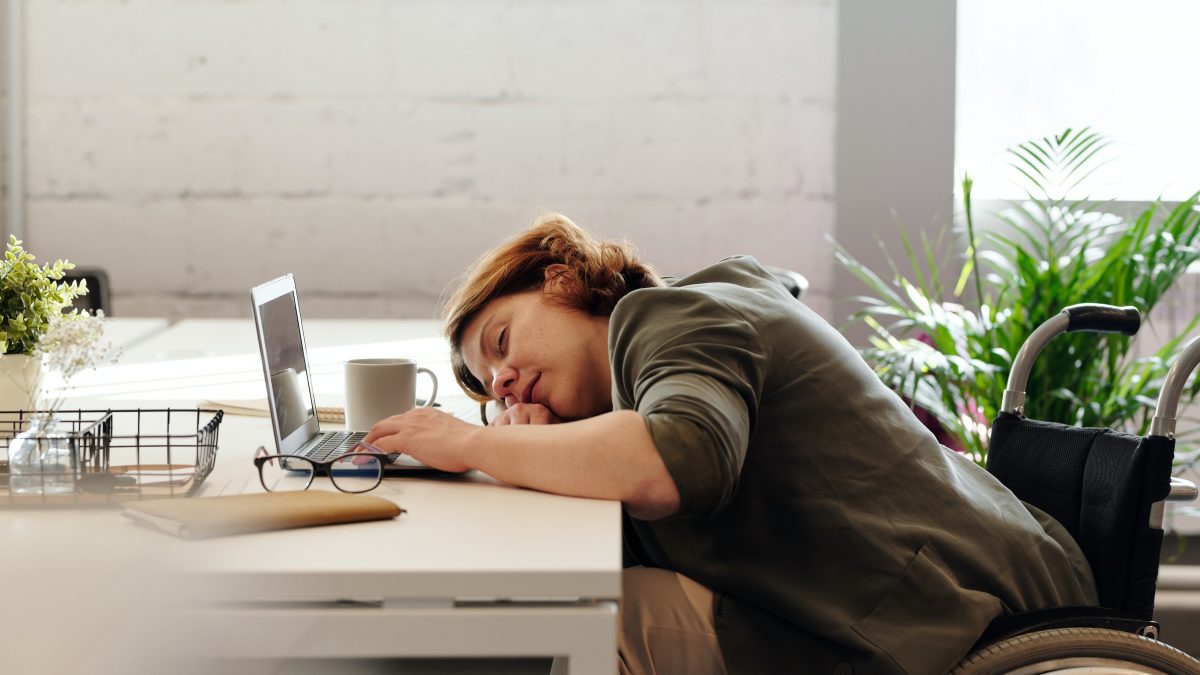Just when you thought that the only negative of not getting enough sleep was being tired the next day and having trouble functioning at work/school, now I’m here to tell you that your sleep has a significant effect on your heart. Not only that, but your heart health also shows up in how well, or how badly, you sleep.
As the resident Sleep and Wellness Specialist at Anatome, I’ve spent quite a lot of time learning much of what there is to know about sleep, but this latest finding about the correlation between sleep and heart health is a key finding even for me. It means that those who struggle with sleep may be inadvertently damaging their heart over time. It also means that those who come to me of an elder age with sleep issues may have impending heart issues they are not yet aware of. It also is important information for those who take the importance of sleep for granted, prefering instead to burn the candle at both ends for whatever reason.
On the bright side, however, there is quite a lot that we can do to improve both sleep and heart health. The article attached here gives some ideas of how to improve HRV (heart rate variability), which is a measure of how healthy a heart is and means the variation between each heartbeat. The higher one’s HRV, the healthier the heart. A higher HRV basically means fewer heart beats in a minute, a slower pumping heart, so longer spaces between beats. When we’re relaxed or sleeping, our heart beats slower. That’s good for our heart as it has a chance to relax and has less pressure on it. Lower HRV, so when the heart is beating faster, usually happens when we’re stressed (and also when we’ve had too much caffeine). If our heart beats too fast for too long, it will eventually get tired or overwhelmed: something that happens to many as they age. Chronic stress, anxiety, too much caffeine, obesity, even over-exercising when your body isn’t ready for that level of exercise… are all ways of over-working the heart. A chronically low HRV, or a chronically fast-beating heart is also a constant inflammation on the body and can potentially be linked with blocked arteries: all of which build up over time as we age.
Sleep is our body’s way of resting properly, digesting all of what we’ve learned and taken in during the day and healing whatever ails us. If we constantly skimp on sleep over the years, or miss out on necessary sleep cycles by either going to bed too late (skimping on deep NREM sleep) or waking up too early (skimping on REM sleep), we may be harming more than just our brains (sleep issues linked with Alzheimers) and our immunity, we may also be harming our heart, which means cutting down on our survival. After all, how long can we really live with a heart that isn’t working?
To protect our heart, we need to improve both our sleep and our HRV. This means cutting down on that which negatively affects both — such as excess caffeine, alcohol, drugs, energy drinks… It also means doing more of that which positively affects both — such as increasing moderate exercise (try dancing or a HIIT workout), learning to relax (meditation, yoga, deep breathing regularly), drinking sufficient water (1.5-2L daily) and spending time in nature and with friends/family that make us feel good. Anything that helps us relax and feel good, helps our heart and our sleep. That’s why some experts suggest gratitude meditation or journaling so that we focus on that which makes us happy. Others suggest volunteering with the less fortunate as giving of our time can make us feel better both about ourselves and our situation and the world in general. Hot cold hydrotherapy is also an easy way to boost HRV. This can be done through sauna/steamroom followed by a cold shower or bath or through alternating hot/cold shower.
Whatever you choose, the key is to make sure to never take sleep or heart health for granted and to constantly manage stress. Need help? I’m also a Stress Management Specialist and a Clinical Hypnotherapist with years of experience helping stressed-out executives to relax and sleep better. Book a free 20 minute call with me here to find out more of how I can help you too. Trust me, your heart will thank you.

